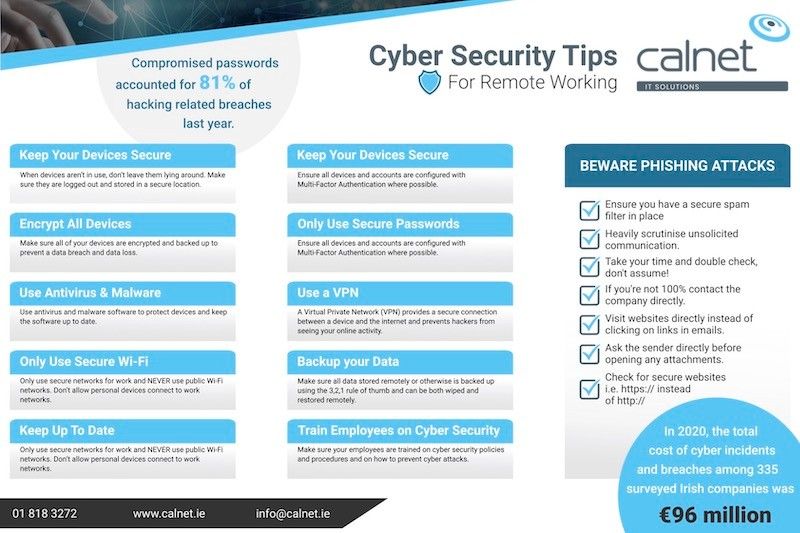
Cybersecurity for Remote Workers: Tips and Tools
- 0
With the rise of remote work, cybersecurity for remote workers has become more important than ever. As employees access company networks and sensitive information from home or other remote locations, they become vulnerable to cyber threats. In this article, we will discuss some essential tips and tools to help remote workers stay secure while working outside of traditional office environments.
Use a Virtual Private Network (VPN)
One of the most effective ways to protect your data and privacy while working remotely is to use a Virtual Private Network (VPN). A VPN encrypts your internet connection, making it more difficult for hackers to intercept your data. Make sure to choose a reputable VPN service with strong encryption and a no-logging policy.
Update Your Software Regularly
Keeping your devices and software up to date is crucial for maintaining cybersecurity. Software updates often include security patches that fix vulnerabilities that hackers could exploit. Set your devices to automatically update software to ensure you are always protected against the latest threats.
Use Strong and Unique Passwords
Using strong and unique passwords for all your accounts is essential for cybersecurity. Avoid using common passwords or reusing passwords across multiple accounts. Consider using a password manager to securely store and generate complex passwords for all your accounts.
Beware of Phishing Attacks
Phishing attacks are one of the most common methods used by hackers to gain access to sensitive information. Be cautious of emails, messages, or calls that ask for personal or financial information. Always verify the authenticity of the sender before clicking on any links or downloading attachments.
Secure Your Home Network
Securing your home network is crucial for protecting your devices and data while working remotely. Make sure to change the default password on your router, enable encryption on your Wi-Fi network, and regularly update your router’s firmware to prevent unauthorized access.
Use Multifactor Authentication (MFA)
Multifactor authentication adds an extra layer of security by requiring users to provide more than one form of authentication to access their accounts. Enable MFA on all your accounts that support it, such as email, banking, and productivity tools, to reduce the risk of unauthorized access.
Conclusion
As remote work becomes more prevalent, cybersecurity for remote workers is essential to protect sensitive data and privacy. By following the tips and using the tools mentioned in this article, remote workers can stay secure and prevent cyber threats while working outside the traditional office setting.

